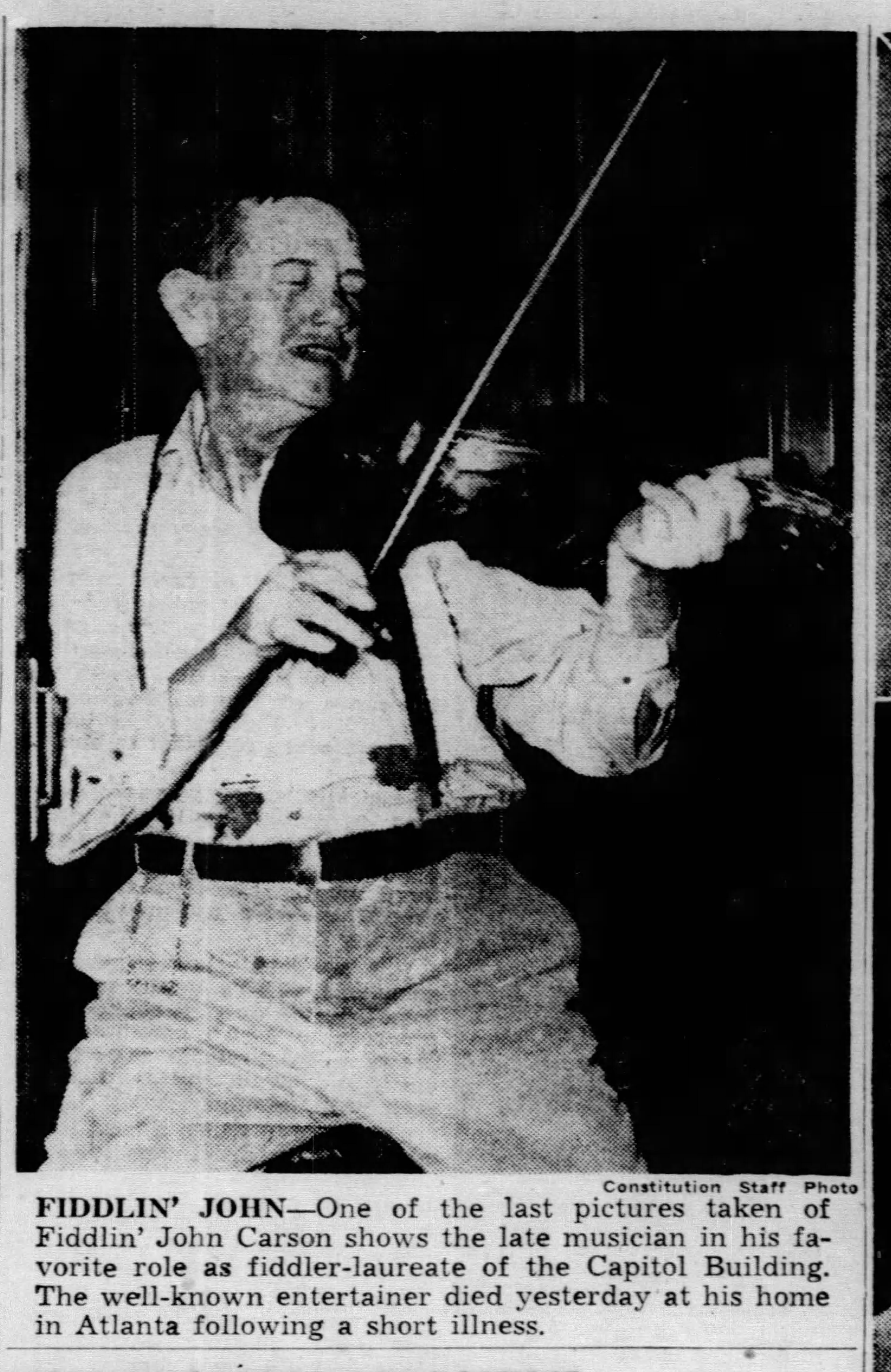|
Ralph Peer
Ralph Sylvester Peer (May 22, 1892 – January 19, 1960) was an American talent scout, recording engineer, record producer and music publisher in the 1920s and 1930s. Peer pioneered field recording of music when in June 1923 he took remote recording equipment south to Atlanta, Georgia, to record regional music outside the recording studio in such places as hotel rooms, ballrooms, or empty warehouses. Career Peer, born in Independence, Missouri, spent some years working for Columbia Records, in Kansas City, Missouri, until 1920, when he was hired as recording director of General Phonograph's OKeh Records label in New York. In the same year, he supervised the recording of Mamie Smith's "Crazy Blues", the first blues recording specifically aimed at the African-American market. In 1924, he supervised the first commercial recording session in New Orleans, Louisiana, recording jazz, blues, and gospel music groups there. He is also credited with what is often called the first country ... [...More Info...] [...Related Items...] OR: [Wikipedia] [Google] [Baidu] |
Independence, Missouri
Independence is the fifth-largest city in Missouri and the county seat of Jackson County, Missouri, Jackson County. Independence is a satellite city of Kansas City, Missouri, and is the largest suburb on the Missouri side of the Kansas City metropolitan area. In 2020, it had a total population of 123,011. Independence is known as the "Queen City of the Trails" because it was a point of departure for the California Trail, California, Oregon Trail, Oregon, and Santa Fe Trails. It is the hometown of U.S. President Harry S. Truman, with the Harry S. Truman Presidential Library and Museum, Truman Presidential Library and Museum, and the gravesites of Truman and First Lady of the United States, First Lady Bess Truman. The city is sacred to the Latter Day Saint movement, as the home of Joseph Smith's 1831 Temple Lot, and the headquarters of several Mormon denominations. History Independence was originally inhabited by Siouan, Missouri and Osage Nation, Osage Native Americans, followed ... [...More Info...] [...Related Items...] OR: [Wikipedia] [Google] [Baidu] |
Encyclopedia Of Popular Music
''The Encyclopedia of Popular Music'' is an encyclopedia created in 1989 by Colin Larkin. It is the "modern man's" equivalent of the '' Grove Dictionary of Music'', which Larkin describes in less than flattering terms.''The Times'', ''The Knowledge'', Christmas edition, 22 December 2007- 4 January 2008. It was described by ''The Times'' as "the standard against which all others must be judged". History of the encyclopedia Larkin believed that rock music and popular music were at least as significant historically as classical music, and as such, should be given definitive treatment and properly documented. ''The Encyclopedia of Popular Music'' is the result. In 1989, Larkin sold his half of the publishing company Scorpion Books to finance his ambition to publish an encyclopedia of popular music. Aided by a team of initially 70 contributors, he set about compiling the data in a pre-internet age, "relying instead on information gleaned from music magazines, individual expertise ... [...More Info...] [...Related Items...] OR: [Wikipedia] [Google] [Baidu] |
Little Old Log Cabin In The Lane
"The Little Old Log Cabin In The Lane" is a popular song written by Will S. Hays in 1871 for the minstrel trade. Written in dialect, the song tells of an elderly man, presumably a slave or former slave, passing his later years in a broken-down old log cabin. The title is from a refrain: "de little old log cabin in de lane". The Ballad Index by Robert B. Waltz and David G. Engle lists more than 20 recordings of the song from 1903 to 1940. The Metropolitan Quartet recorded the harmonized sentimental minstrel version in 1918, which has been digitized for online listening at the University of California at Santa Barbara.. Performers modified the lyric over the years, eliminating Hays' "darky" dialect along with the original reference to slavery. For example, the "old master and mistress" became the narrator's parents in mid-20th century Bluegrass versions. The song itself was popular, resulting in several answer songs, but the melody was even more widely used, including songs se ... [...More Info...] [...Related Items...] OR: [Wikipedia] [Google] [Baidu] |
Fiddlin' John Carson
"Fiddlin'" John Carson (March 23, 1868 – December 11, 1949) was an American old-time fiddler and singer who recorded what is widely considered to be the first country music song featuring vocals and lyrics. Early life Carson was born near McCaysville in Fannin County, Georgia. He moved to Cobb County in his youth. His father worked as a section foreman for the Western and Atlantic Railroad Company. In his teens, Carson learned to play the fiddle, using an old Stradivari-copy violin brought from Ireland in the early 18th century.Malone, McCulloh 1975, p. 17.Miller 1996, p. 73. In his teens, he worked as a racehorse jockey. In 1894, Carson married, and a couple of years later, in 1900, he began working for the Exposition Cotton Mills in Atlanta, followed by work in other cotton mills of the Atlanta area for the next twenty years, eventually being promoted to foreman.Wolfe 2001, p. 65. In 1911, Carson's family moved to Cabbagetown, Georgia and he and his childre ... [...More Info...] [...Related Items...] OR: [Wikipedia] [Google] [Baidu] |
